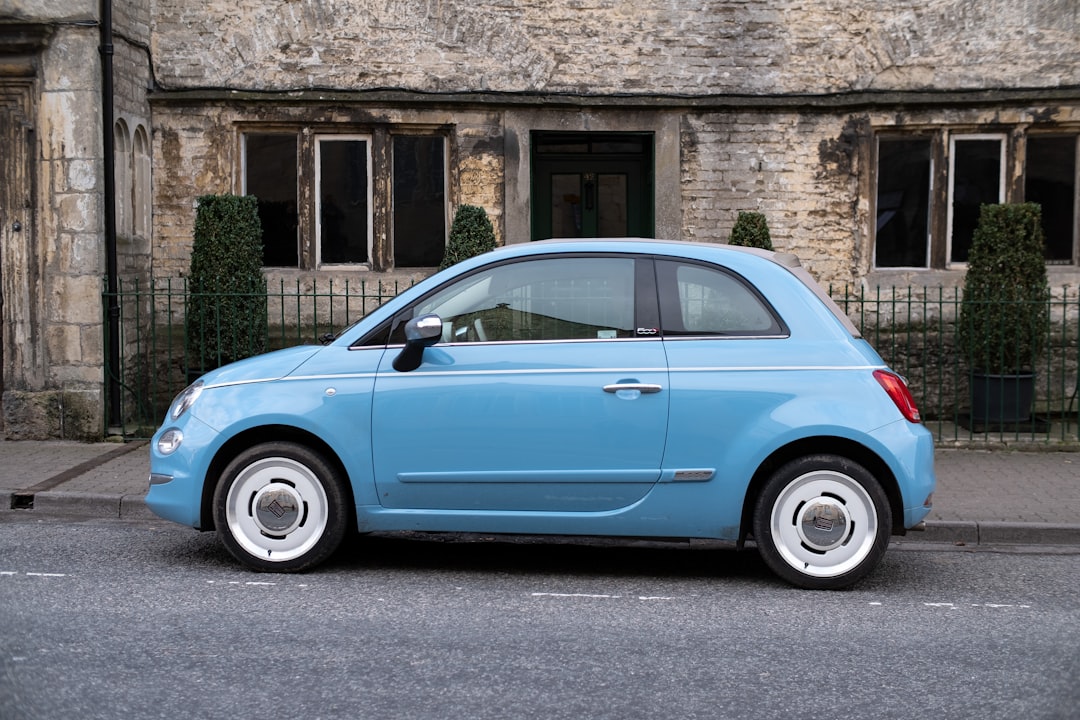A Note on the Nightmare that is a Car Loan from Credit Acceptance
Interest rates far exceeding 22% APR. Aggressive debt collection. Repos.
Customers with an auto loan from Credit Acceptance are all to familiar with the way loans from this company can quickly turn from a solution to financial difficulty into a seemingly never-ending nightmare.
Here’s more on a lawsuit that could provide relief for some Credit Acceptance borrowers.
The Consumer Financial Protection Bureau (CFPB) and the New York Attorney General's Office today announced the filing of a lawsuit against auto lender Credit Acceptance for the company's practices that allegedly created financial distress, car repossession, and debt collection actions for borrowers. The complaint seeks relief for impacted consumers as well as a civil money penalty to discourage Credit Acceptance from engaging in these practices in the future.
“Credit Acceptance obscured the true cost of its loans to car buyers, leading to severe financial distress for borrowers and subjecting them to aggressive debt collection tactics on loans its own systems predicted that borrowers can’t afford to repay,” said CFPB Director Rohit Chopra. “The CFPB and the New York Attorney General seek to halt Credit Acceptance's illegal practices and make consumers whole.”
According to New York's Attorney General, the practices used by Credit Acceptance led to financial ruin for a significant number of borrowers from New York.

You Gotta Fight for Your Right to Charge 4000% Interest
At least that’s the approach being taken by fintech peer-to-peer lender SoLo Funds.
Here’s more on that story:
SoLo Funds — a fintech lending platform — has started a change.org petition in an attempt to fight back against state regulators attempting to shut down the company due to its predatory practices.
Pitting themselves as a sort of David fighting financial goliaths, SoLo says in its petition:
People should be able to help people. We should be able to transact with each other directly. And we should be able to benefit or profit from that. This concept is not new. It’s just not popular because it doesn’t profit those with economic power.
It’s not clear how helpful it is to offer short-term loans with interest rates exceeding 4000%.


